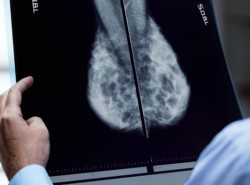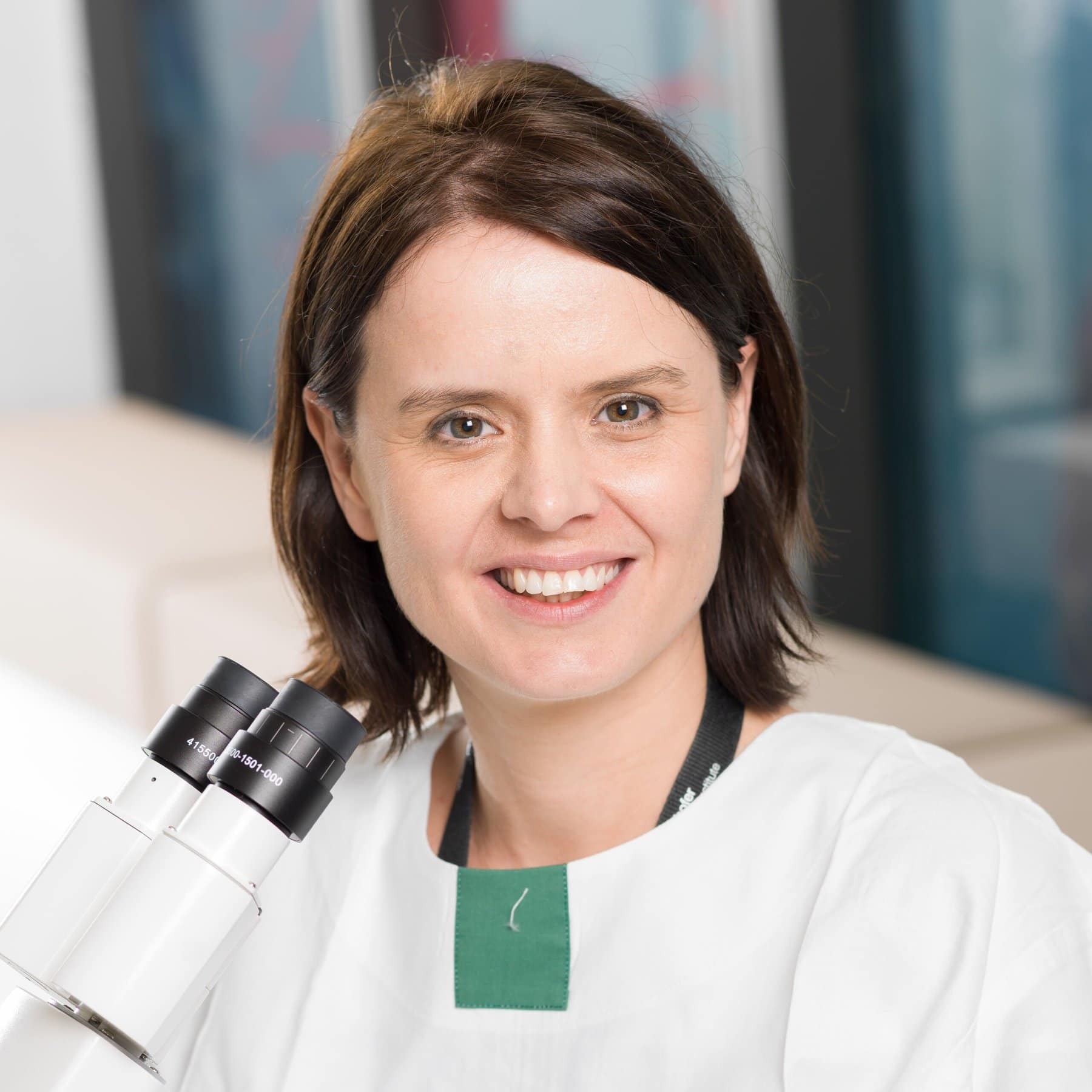
Identification of new ‘genetic’ markers of breast cancer risk and targets for RNA therapeutics
Published: 05/11/23 8:37 AM

Juliet French
Project Description: The chances of a drug candidate succeeding through clinical trials and to the clinic dramatically increases if it is supported by robust genetic evidence. Using genetic evidence from 200,000 breast cancer survivors and healthy controls, A/Prof Juliet French and colleagues at the QIMR Berghofer Medical Research Institute have identified around 850 new potential breast cancer risk genes. These genes belong to an under-studied class of genes, called long noncoding RNAs (lncRNAs) that produce RNA messages that act to fine tune cell activities. In this study, A/Prof French will use sophisticated large-scale laboratory tests to narrow these new candidates down to those that are important for the development of breast cancer, including those that are involved in DNA repair, a well-recognised characteristic of breast cancer risk genes.
Why the Work is Needed: Despite advances in detection and treatment, over 3,000 people with breast cancer are expected to die from the disease each year in Australia. A greater understanding of the genetic changes that lead to increased breast cancer risk will pave the way for better prevention and improved targeted therapies.
Expected Outcomes: The outcomes of this project will lead to the identification of new genetic markers of breast cancer risk. These genetic markers may prove useful for the clinical management of breast cancer risk and for the development of new treatments that include RNA therapeutics.
Project Details
New treatment options for hard-to-treat breast cancer subtypes including some triple negative breast cancers and breast cancers that have metastasised are desperately needed to reduce deaths from these diseases. The chances of a drug candidate succeeding through clinical trials and to the clinic dramatically increases if it is supported by robust genetic evidence.
Using genetic evidence from 200,000 breast cancer survivors and healthy controls, A/Prof Juliet French and colleagues at the QIMR Berghofer Medical Research Institute have identified around 850 new potential breast cancer risk genes. These genes belong to an under-studied class of genes, called long noncoding RNAs (lncRNAs). Unlike genes that produce proteins that carry out the functions in cells, lncRNAs produce RNA messages that act to fine tune the cell’s activities.
With this NBCF support, A/Prof French will use sophisticated large-scale laboratory tests (functional high-throughput screens) to narrow these new candidates down to those that are important for the development of breast cancer. These screens will be used to identify lncRNAs that are involved in DNA repair, a well-recognised characteristic of breast cancer risk genes. The investigators will also search for candidates that when altered, impact the growth of breast cancer cells in vitro and in patient derived breast cancer pre-clinical models. Outcomes of this project will lead to the identification of new genetic markers of breast cancer risk. These genetic markers may prove useful for the clinical management of breast cancer risk and for the development of new treatments that include RNA therapeutics.
Since the production of RNA from lncRNAs genes is tightly regulated in specific tissues in the body such as in the breast, this makes them excellent targets for targeted therapies, reducing the potential of systemic side effects.